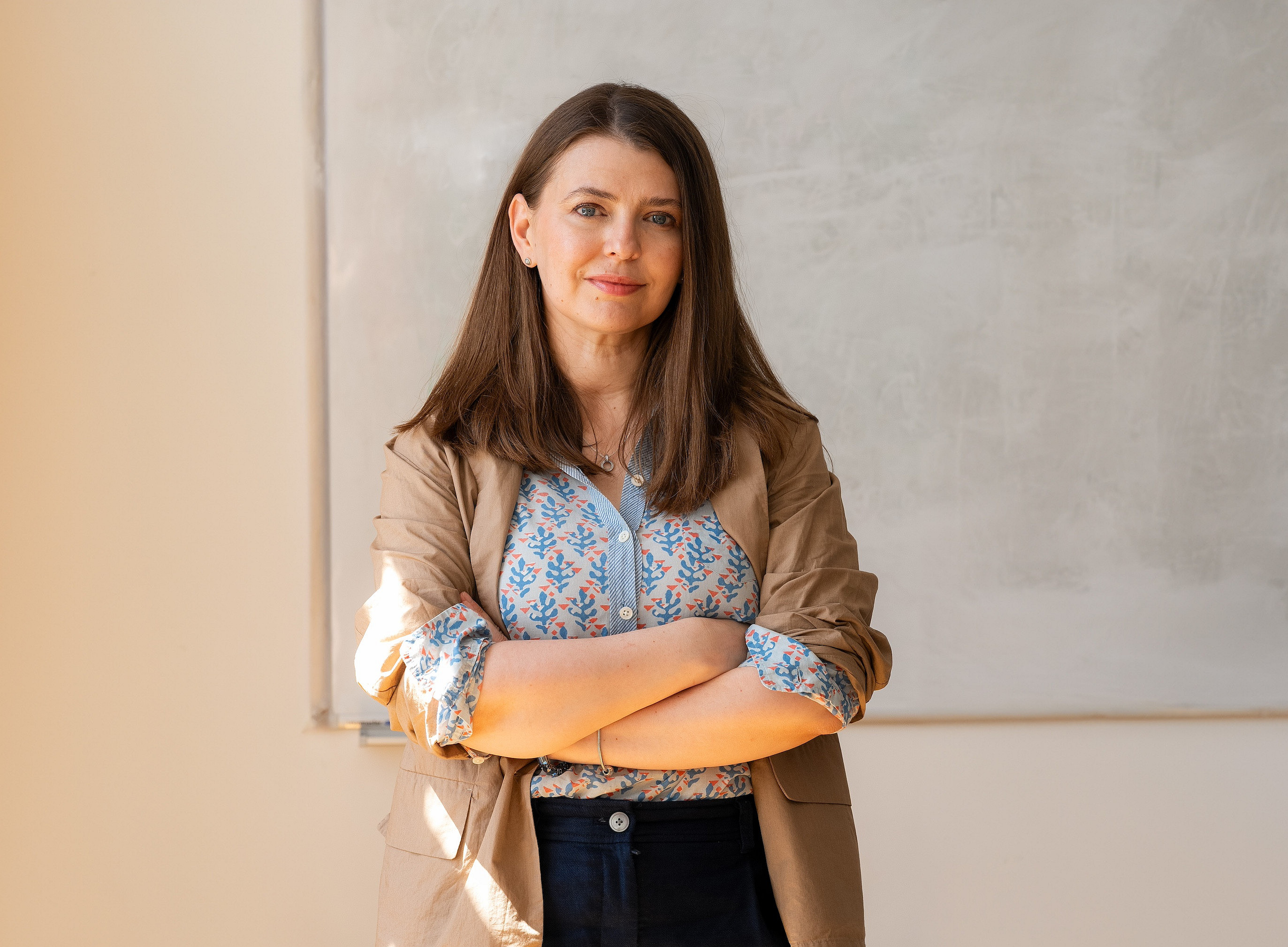When people speak, express themselves verbally and articulate, it is not without emotion. As in every system, there are certain patterns that we consciously or unconsciously follow in the act of speaking. At the University of Graz, a generative linguist, Svitlana Antonyuk, is researching the emotional factors of language change. She is combining sociolinguistic and neurolinguistic methods to investigate the psychological mechanisms that influence language use and change. The project is being funded with 1.2 million euros as part of the FWF Start Award. Antonyuk is a Lise Meitner Senior Postdoctoral Researcher.
“We hope to understand the mechanisms by which human emotions play a role in language contact and language change situations,” explains Antonyuk. “Predicting language change has so far been an extremely difficult, if not insurmountable, challenge in linguistics.” The linguist now wants to find out more about this. The starting point of the research is the hypothesis that conscious and unconscious emotional attitudes towards linguistic material can put the language system under pressure and thus trigger predictable language change. This innovative approach promises to provide significant insights into the role of emotional factors in linguistic processes.
One particularly interesting aspect here, for example, is the linguistic reactions of Ukrainians to Russia's unprovoked aggression. “On the day of the invasion, thousands of Russian-speaking Ukrainians decided to switch to Ukrainian as their primary language of communication to express their identity and resistance,” reports Antonyuk. This unique sociolinguistic situation offers researchers a rare opportunity to study the role of emotions and speaker decisions in language change in real time. The results of this research project promise to make significant contributions to the understanding of language change and to shed light on the importance of emotional factors in linguistic processes. Normally, language change is visible over centuries, but in the case of Ukrainian, the measurement will take place almost in real time.
“I would like to congratulate Svitlana Antonyuk on this award. Her research on language change in Ukrainian is of great social and highly topical relevance. This significant funding from the FWF in the amount of 1.2 million euros underlines once again how important it is to support young researchers in their work and to give them the opportunity to advance forward-looking projects. The University of Graz is consistently committed to promoting excellent talent and is thus making a significant contribution to the future of science,” emphasizes Rector Peter Riedler.
FWF funds project and summer school
In the first phase, a team of experts consisting of linguists and neuroscientists will carry out an empirical study and a generative-theoretical analysis of Ukrainian syntax (structural representation of grammar) and morphosyntax, followed by a sociolinguistic and neurolinguistic investigation of linguistic stimuli identified with the help of generative linguistic typological analysis. The FWF START Award not only supports the realization of this research, but also the establishment of a biennial summer school on Ukrainian linguistics at the University of Graz. This will bring together language experts with different theoretical perspectives and promote new collaborations. “The aim is to understand the complexity of the human mind through the study of language,” emphasizes Antonyuk.
